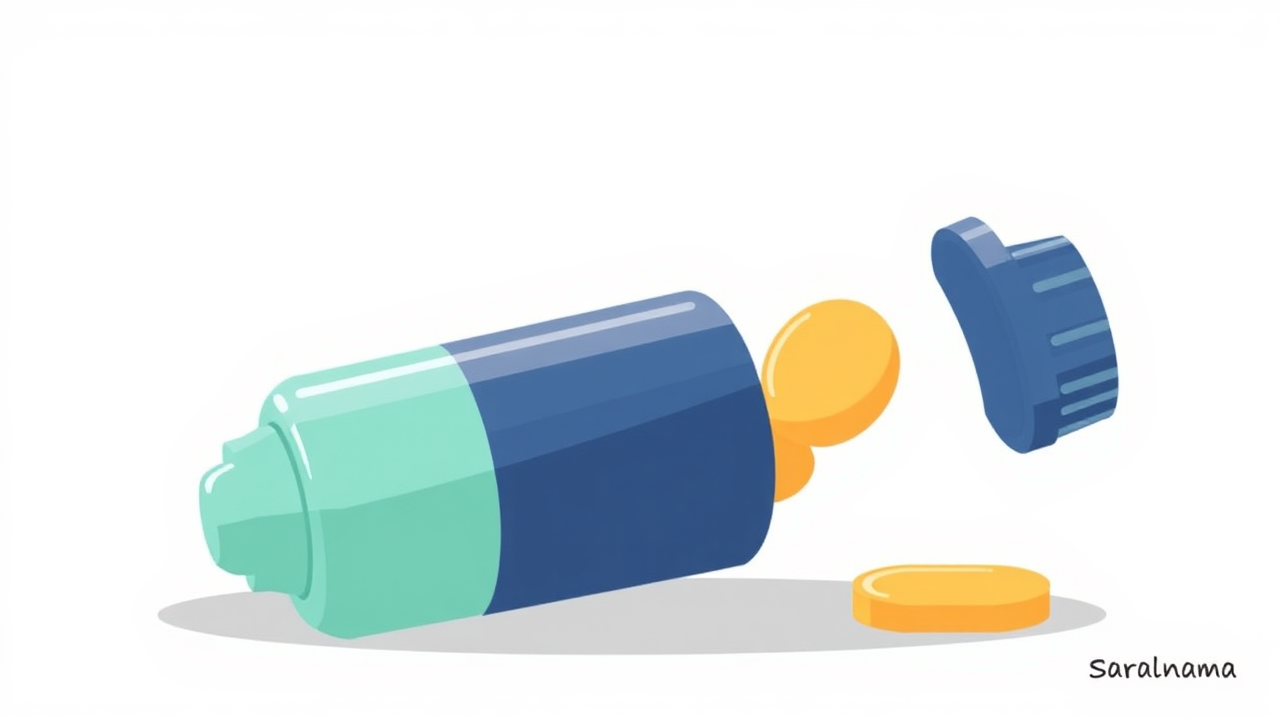Actor Aamir Khan recently explained that his visible weight gain is a side effect of steroid treatment he is undergoing for persistent migraines. He appeared at the 4th Season of Ajivasan Act in Mumbai, where his changed appearance sparked widespread online discussion. Fans initially speculated the weight gain might be for an upcoming film role, possibly a Dadasaheb Phalke biopic. However, Aamir clarified in an interview that steroids prescribed for his migraines have caused the weight gain, which he cannot control. He mentioned that doctors have not yet determined the cause of his migraines, and while steroids relieve his headaches, he cannot continue taking them indefinitely. The actor has started a diet and workout routine to prepare for his next film. Medical experts explain that steroid-induced weight changes are often reversible once treatment stops, but careful management and lifestyle adjustments are essential for recovery and minimizing side effects.

Understanding Steroid Effects and Recovery Options
Steroids influence the body by increasing appetite, altering fat storage patterns, and causing fluid retention, all contributing to weight gain. Dr Jagadish Hiremath, a public health expert, explains that steroids also affect metabolism and muscle strength over time. Fortunately, once steroid treatment is tapered or stopped, many effects can be managed and reversed through proper lifestyle adjustments. Recovery timelines depend on steroid dosage, duration of use, and individual health conditions. For migraines, alternatives include preventive medications, lifestyle management, dietary regulation, stress reduction techniques, and non-steroidal drugs like triptans or CGRP inhibitors. Identifying triggers such as poor sleep, dehydration, or hormonal fluctuations can reduce steroid dependency. When steroids are necessary, regular monitoring of blood sugar, blood pressure, and bone health is crucial for minimizing risks.
Source: Link
